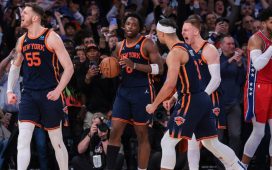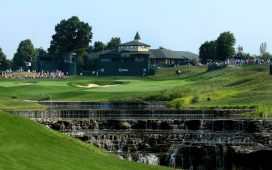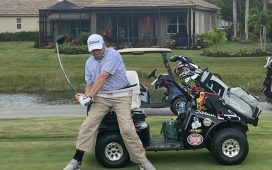
But maybe not for long. Muny exists in a limbo that extends beyond this current purgatory; an Austin without Muny is a reality that locals are having to confront. The course occupies a precarious position in the local ecosystem. Though Lions is owned by the city, the land is owned by the University of Texas. And this land is valuable; it’s estimated in the neighborhood of $200 million. UT wants to lease the land to developers for a hefty profit. The city, residents, golfers and activists — a coalition known as Save Muny — hope to preserve it.
What is the value of green space? Of a public park? Is your answer different now than it was a month ago? Mine is. From these restricted living quarters, the ability to get outside, to take a walk, to feel normal, feels priceless.
If there’s a glimmer of sunshine in these somber days, it’s our collective reappraisal of what’s important. In golf, as in many other things. People have continued to play on, even as golf has been stripped down to its most basic form. No clubhouse. No pro shop. No carts. No flagsticks. Hell, even the cups aren’t the same. But the game persists: Just you and a bag of sticks chasing around a devilish little white ball. The necessary stuff.
That’s what Muny has always represented, in my eyes. It’s a simplicity that can be lost in the trappings of this game, but it’s one that golfers are rediscovering, in closed courses and backyards (and on rooftops!) everywhere. On 141 acres in West Austin. A heck of a place to breathe.
To receive GOLF’s all-new newsletters, subscribe for free here.








